Human Rights Council “sends signal” to Gaddafi
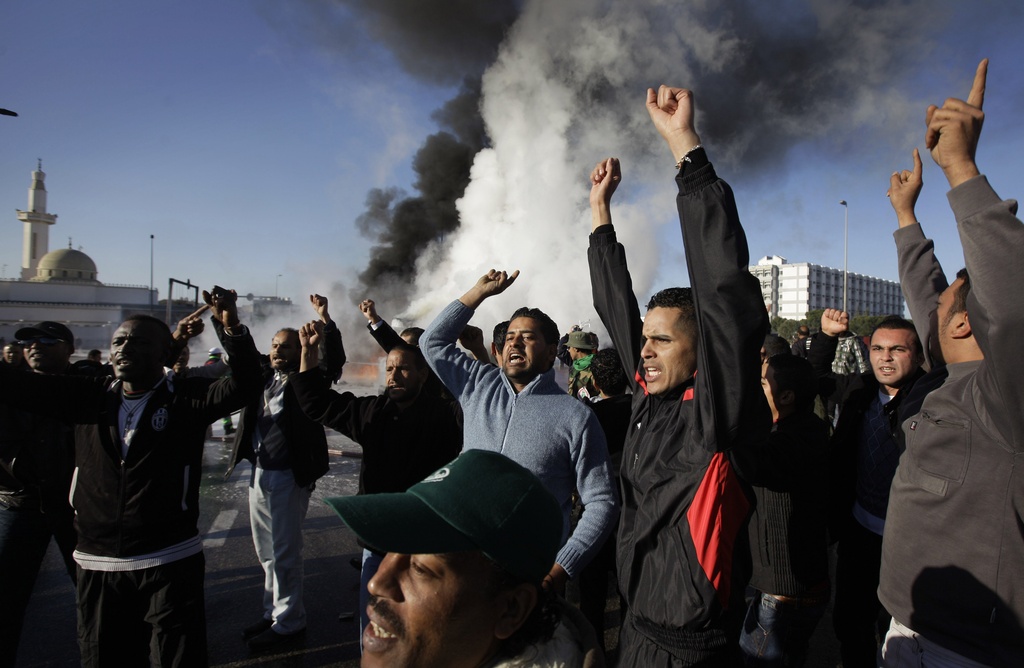
Libya’s suspension from the United Nations Human Rights Council is expected to “send a clear message” to leader Moammar Gaddafi to end violence by his regime.
Libya proved to be a test case for the council, and one in which it demonstrated its full potential, argues Julie de Rivero, advocacy director at the Geneva-based Human Rights Watch organisation.
It is the first time a member has been suspended since the council was created in 2006.
“It sends a strong signal to the Libyan authorities that what they have done will not be tolerated by the international community,” de Rivero told swissinfo.ch.
“But at the same time it sends a clear signal that this type of behaviour will not be allowed by the Human Rights Council among its own members.”
The 47-member council decided to hold a special session on the Libyan situation – its first such meeting about a member state – and recommended suspension on the basis of Libya’s “gross and systematic violations of human rights”. The resolution was backed by the UN’s 192-nation General Assembly on Tuesday.
The council also decided to set up an inquiry into alleged human rights violations and to determine who should be called to account.
Undoing a “shameful act”?
“Better late than never,” noted another Swiss-based pressure group, UN Watch. The NGO was highly critical of Libya’s election to the council last year, and led a campaign for its suspension joined by 37 other NGOs.
“The election of Libya to the world’s top human rights body last May was a shameful act that bolstered Gaddafi’s regime, demoralised his victims, and stained the reputation of the United Nations,” said Hillel Neuer, UN Watch executive director and an international lawyer representing victims of Libyan torture.
He said that the 155 UN member states who approved Libya’s election should now “ask forgiveness from all the men and women who were victimised by four decades of extrajudicial killings, brutality, torture, international terrorism, enforced disappearances, arbitrary arrests, and oppression”.
UN Secretary-General Ban Ki-moon has welcomed the suspension, as well as the council’s decision to probe human rights abuses in Libya, and the Security Council’s referral of Libyan actions during the uprising to the International Criminal Court.
Taken together, these actions also send a message to the North African and Middle East region, where protests continue, he noted.
Problematic system
Looking back at Libya’s election to the council, de Rivero said it was “an unfortunate moment” for the UN’s human rights body. But it was a by-product of the system, where the number of candidates tends to equal the number of vacancies for council membership in a given region.
“Unfortunately when Libya ran for a seat in the African region there were only as many seats as there were candidates, therefore any campaign against Libya’s membership would have failed on that account,” she said.
The council’s predecessor, the UN Human Rights Commission, was widely discredited and criticised for being highly politicised. It was reformed in 2006 on the basis of a concept presented by Switzerland.
But the council itself continues to attract criticism, particularly as a forum of regular bloc voting.
“Unthinkable” outcome
Vincent Chetail, a professor in international law at the Graduate Institute in Geneva, told swissinfo.ch that given the geopolitical context of the council, such a discussion on Libya and a result by acclamation would have been “unthinkable” just a few months ago.
Of the members who typically block measures – Cuba, China, Venezuela and Iran – this time Venezuela was the only one to express reservations, which shows that “there comes a time when some positions on some issues become untenable”.
But he warned: “Regional blocs remain very strong and it is not certain that reforms will speed up, as the council, like its predecessor, the commission, has been blocked by regional and partisan interests.”
“I would not go so far as to say that this decision to suspend Libya – historic and important as it is – will change everything, even if it is heading in the right direction with states becoming aware of past errors.”
Samantha Besson, professor in international law at Fribourg University, is also sceptical about whether there is change afoot in the council. She says various factors – including the greater involvement of the United States – contributed to Libya’s suspension.
“It would be wrong to get too excited about a change of course by the council or in its decision-making. It’s a convergence of factors and exceptional circumstances and I don’t think that it will have an impact on the stance the council adopts about other states in the future.”
Later this year the status and working methods of the council come under review by the UN. “It therefore has every interest in demonstrating its autonomy and showing that it has teeth,” she added.
After uprisings in Tunisia and Egypt, opponents of Libyan leader Moammar Gaddafi declared a “day of rage” on February 17.
Opponents seized a number of cities, in particular the country’s second town, Benghazi.
Several ministers and ambassadors of the Gaddafi regime switched their allegiance.
Gaddafi threatened bloody reprisals; his forces apparently regained some territory on March 2.
The opposition Libyan human rights league put the total death toll at 6,000 by March 2.
The same day the UN refugee body estimated that more than 150,000 people had fled Libya by land to Tunisia and Egypt. Huge queues formed at the borders.
Most are from other Arab, African and Asian countries. There have been reports of deaths from the bitter cold.
African nationals have also started fleeing across the southern border to Niger.
The UN Security Council has referred Libyan government actions during the uprising to the International Criminal Court.
The UN General Assembly voted unanimously on March 1 to suspend Libya’s membership of the UN Human Rights Council.
Many countries, led by Switzerland, have frozen assets held by Gaddafi and his entourage.
The UN cultural body, Unesco, has halted all cooperation with Libya because of government incitement of violence against civilians.
The Human Rights Council was established in 2006, to replace the widely discredited and highly politicised UN Human Rights Commission created in 1946.
Its first session was held in June 2006 at its headquarters in Geneva.
Its main purpose is to “address situations of human rights violations and make recommendations on them”.
The 47 members are elected for staggered three year terms by the UN General Assembly.
The seats are distributed according to what the UN calls “equitable geographical representation”, as follows:
13 African states; 13 Asian states; 6 eastern European states; 8 Latin American and Caribbean states; 7 western European “and other” states.
The council meets at least three times a year and can also hold special meetings to discuss crisis situations.
Switzerland was a member from 2006 to 2009, and was elected again in 2010.
(With input from Isabelle Eichenberger)

In compliance with the JTI standards
More: SWI swissinfo.ch certified by the Journalism Trust Initiative

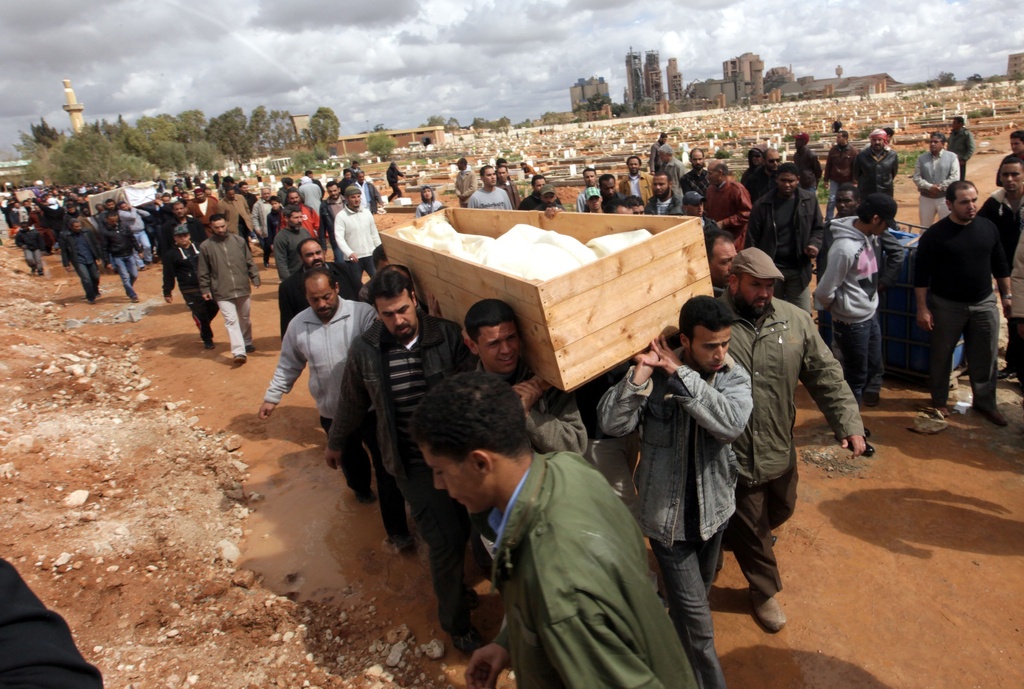
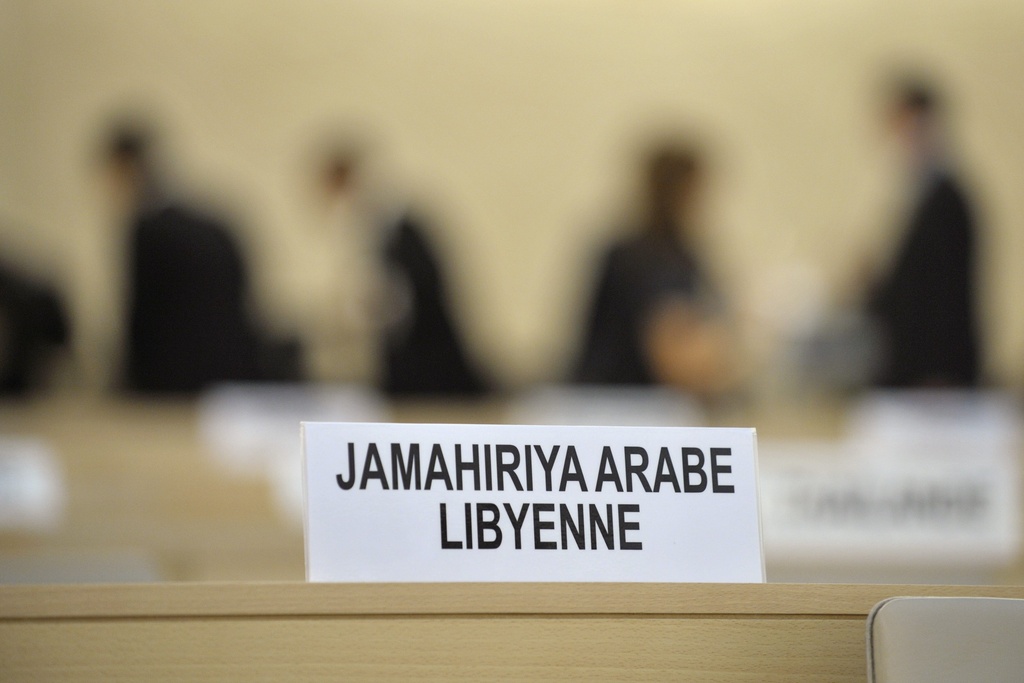
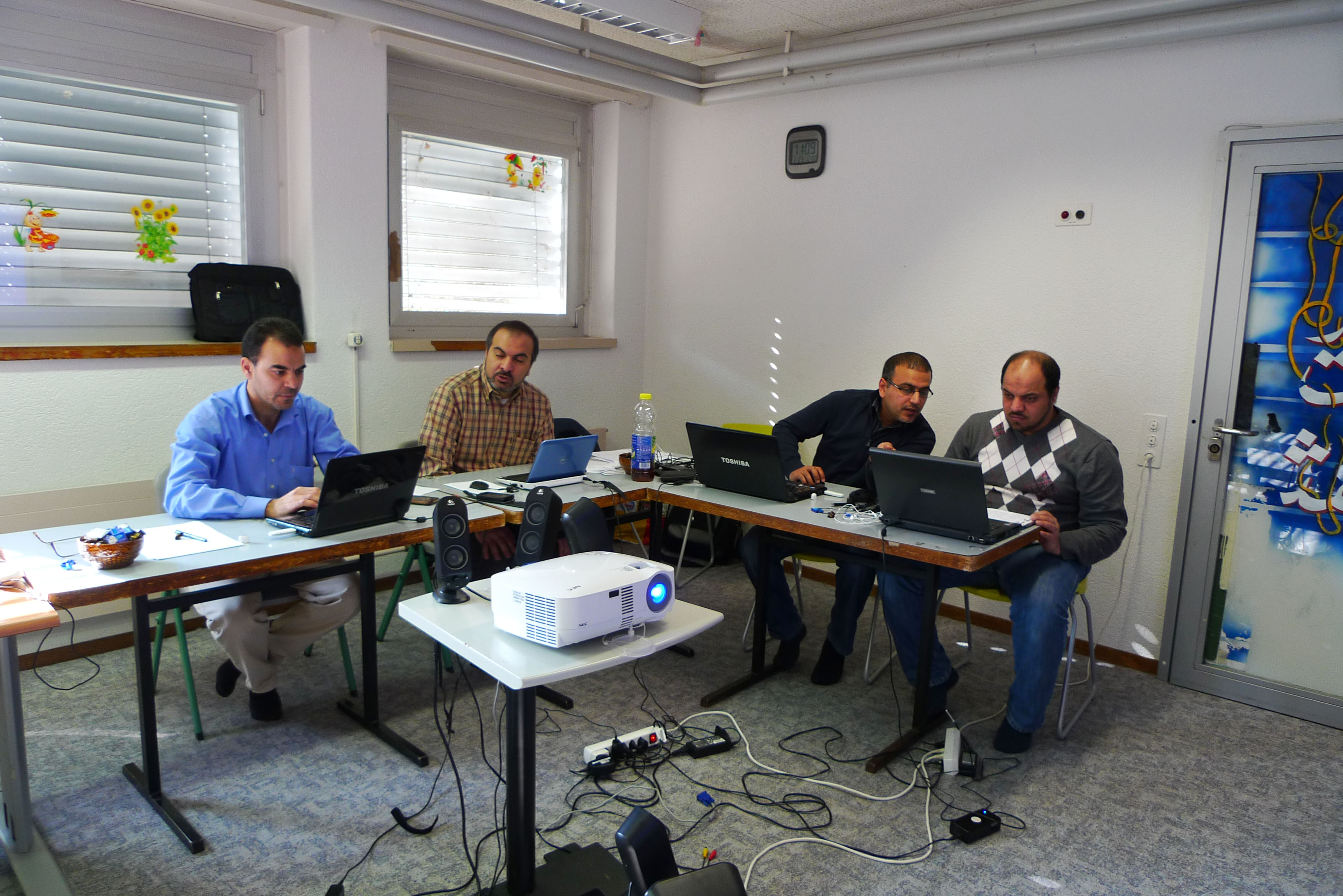
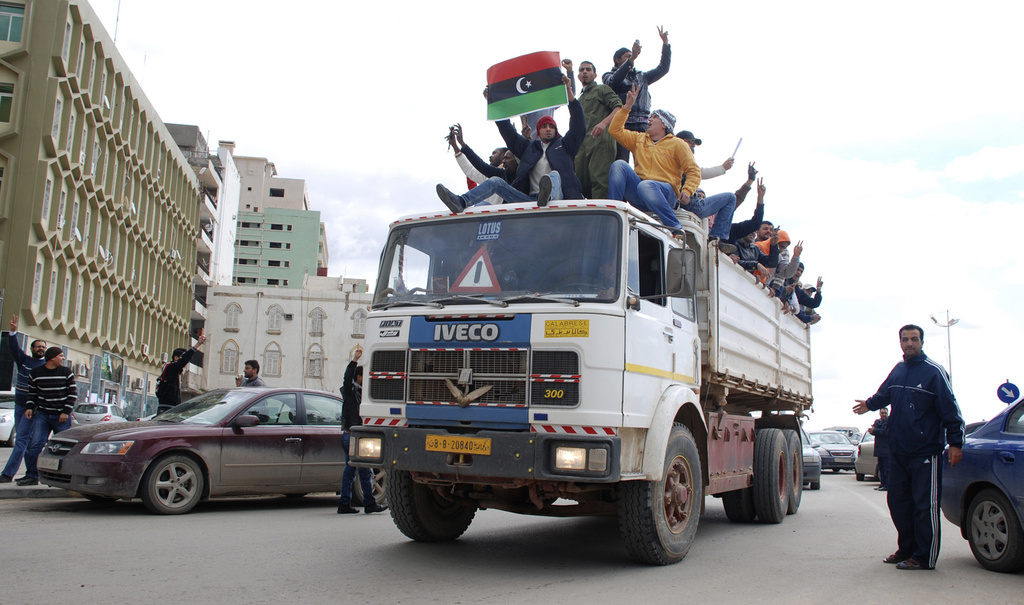
You can find an overview of ongoing debates with our journalists here. Please join us!
If you want to start a conversation about a topic raised in this article or want to report factual errors, email us at english@swissinfo.ch.